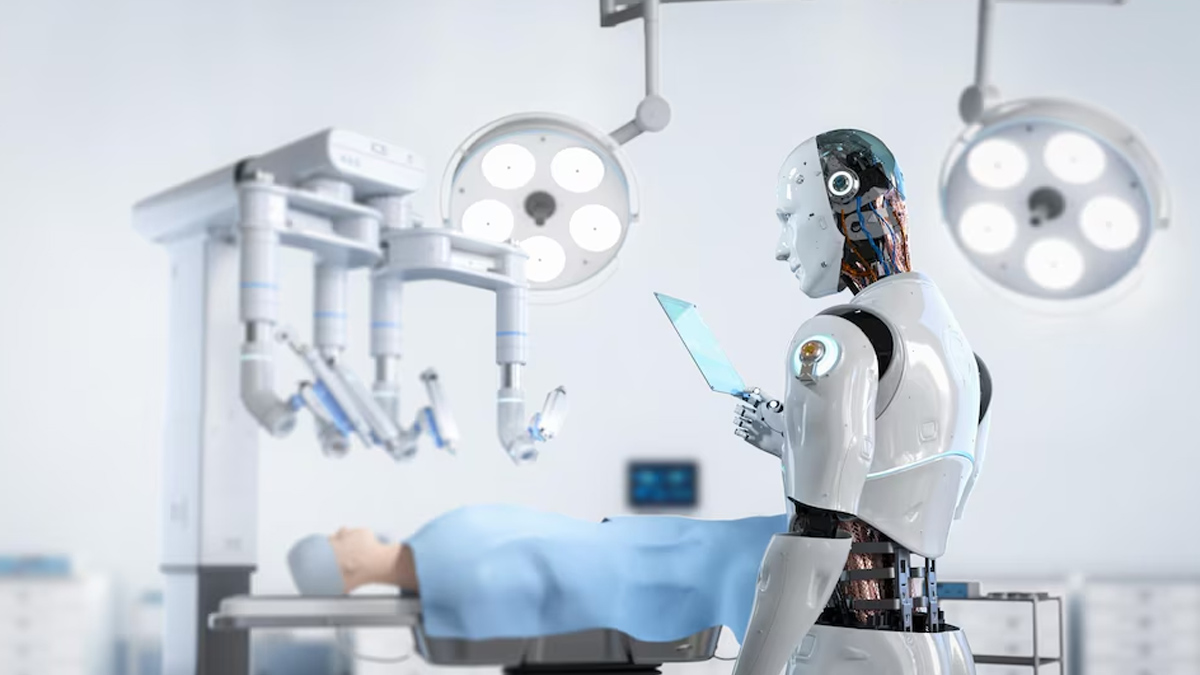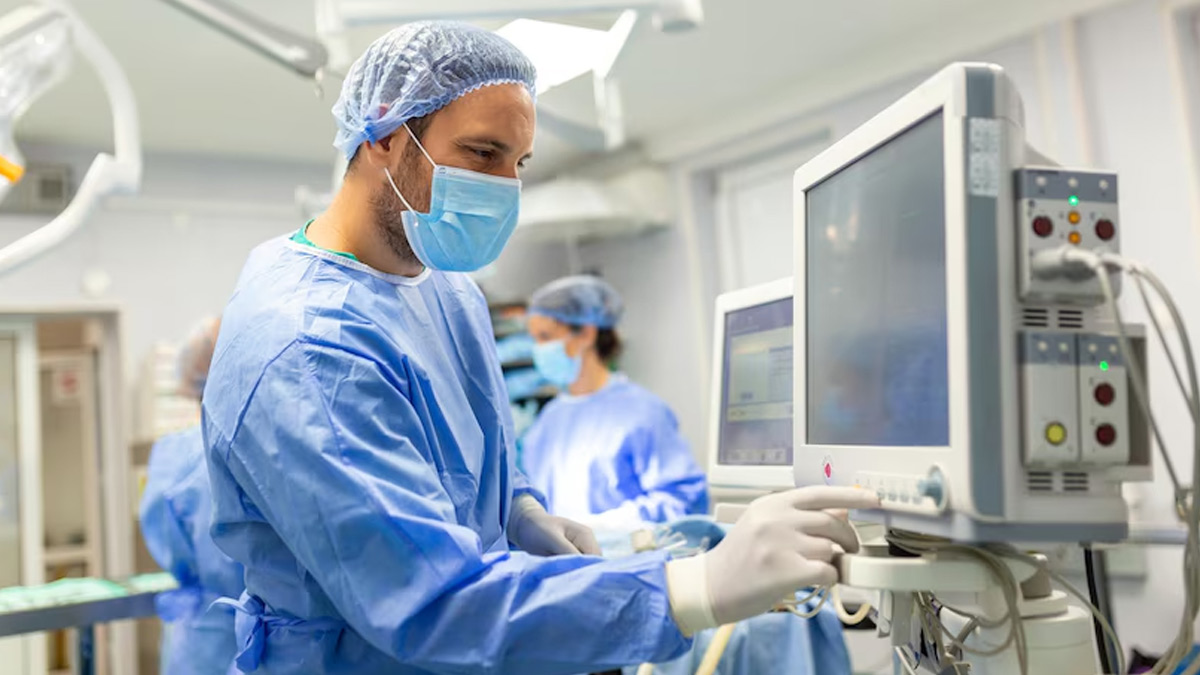As the world progresses along with technology, modern medicine is one of the leading fields that adapts and works hand in hand with technology and does wonders in healing people and vanishing deadly diseases and conditions. One such revolutionised way of treating is robotic surgeries. Robotic surgeries have been a boon for medical science and have made many complicated surgeries easier to carry out but, there are a lot of myths associated with robotic surgeries.
To understand robotic surgeries in detail and bust myths associated with it, OnlyMyHealth interacted with Dr Raj Nagarkar, Managing Director and Chief of Surgical Oncology and Robotic Services, HCG Manavata Cancer Centre & Hospitals.
Myth 1: The Robot Performs the Surgery

One of the major misconceptions coming in the way of robotic surgeries is that the robot assumes the role of performing the surgery procedure and not the surgeon. Citing an example from his experience, Dr Nagarkar said, “One of my patients, a general practitioner from Aurangabad, required a hysterectomy, and she approached me for the procedure. However, when I discussed the option of robotic-assisted surgery with her, she expressed a preference for me to perform the operation rather than relying on the robot. This shows how prevalent this myth is that a robot performs the surgery independently without the surgeon's involvement in it.” Backing this myth with the fact, Dr said, “Robotic-assisted surgery merely entails the utilisation of robotic instruments under the precise control of a skilled surgeon. The surgeon remains the orchestrator of the entire surgical process, with the robot serving as a sophisticated tool at their disposal.”
Also read: Robotics in Pancreatic Surgery: Expert Explains The Benefits And Its Advancements
Myth 2: Robotic Surgery is Experimental
Another myth around robotic surgery is that it is an experimental process and it lacks safety and efficacy. However, that is not the case and the reality is quite different. Dr Nagarkar said, “Robotic surgery has been a part of medical practice for over two decades. The initial use of robots for procedures like brain biopsies dates back almost four decades. Approval for robotic surgery from the US FDA was received nearly 24 years ago.” According to Dr Nagarkar, around 50 lakh surgeries have been performed globally using robotics.

Myth 3: Robotic Surgery is Less Effective than Open Surgery
Enormous studies have said and it has also been demonstrated that robotic surgeries are as effective as open surgery, particularly when it comes to cancer treatment. Elaborating further on this, Dr Nagarkar said, “Robotic surgery offers short-term outcomes, including faster recovery, maintenance of bladder bowel function, reduced pain, minimal blood loss and lower risk of infection, making it a preferred option for many patients and surgeons alike.”
Myth 4: Robotic Surgery is Limited to Specific Specialties
According to Dr Nagarkar, robotic surgeries can be carried out in various medical specialisations including surgical oncology, gynaecology, urology, general surgery, cardiac surgery, orthopaedic surgeries such as joint replacements, as well as procedures like hiatus hernia repair and kidney stone removal. Moreover, even paediatric surgeries, such as pyeloplasty procedures, can be safely performed using robotic technology. Among the most common surgical procedures globally are hernia repairs and gallbladder surgeries.
Adding further, Dr Nagarkar said, “Robotic-assisted surgeries and not merely the future but the present of surgical innovations.” Citing records, the doctor said that the outcomes of robot assisted surgery has been a better outcome. Concluding, Dr Nagarkar said, “As we learn more from actual experiences instead of guessing, robot-assisted surgeries are changing how we see modern healthcare. They're bringing in a new age of better surgeries and care focused on patients.”